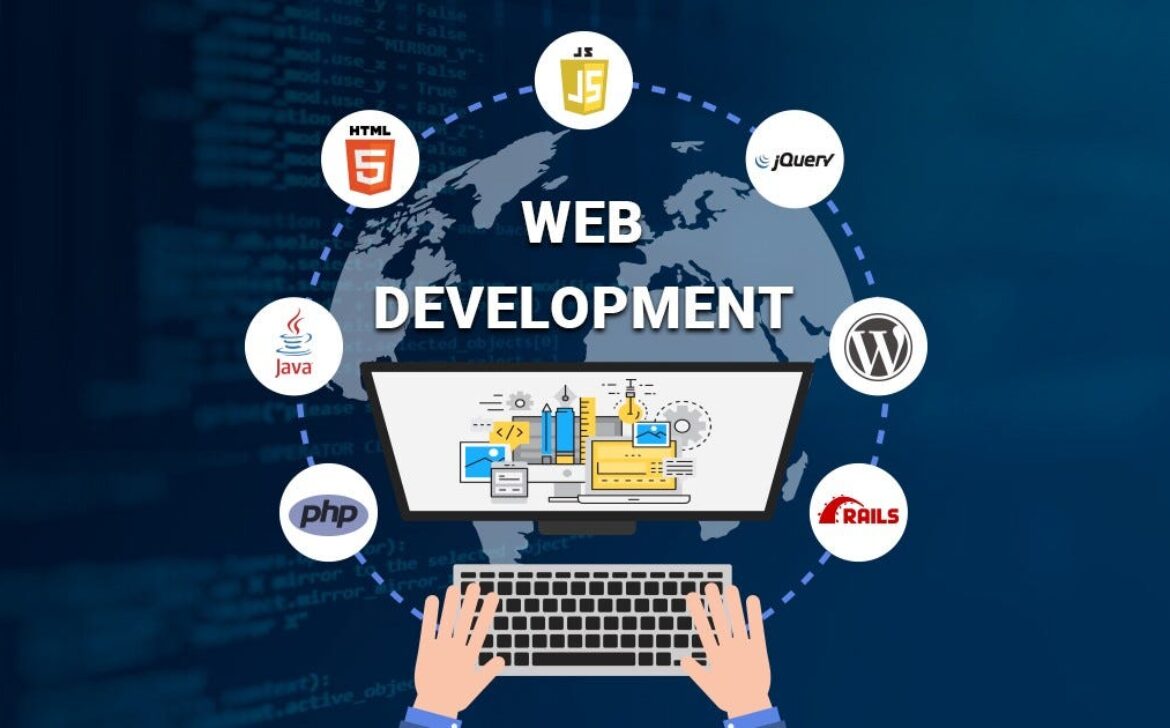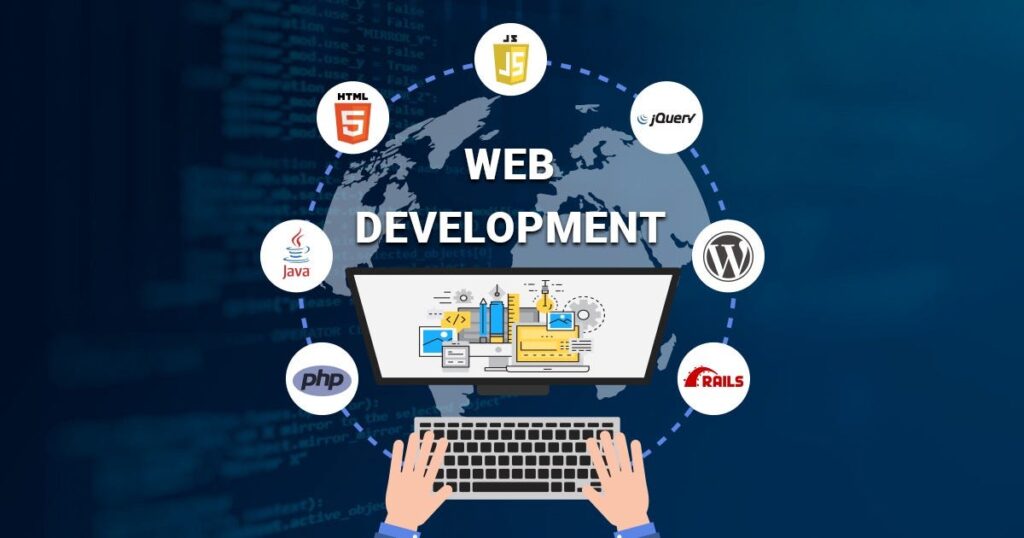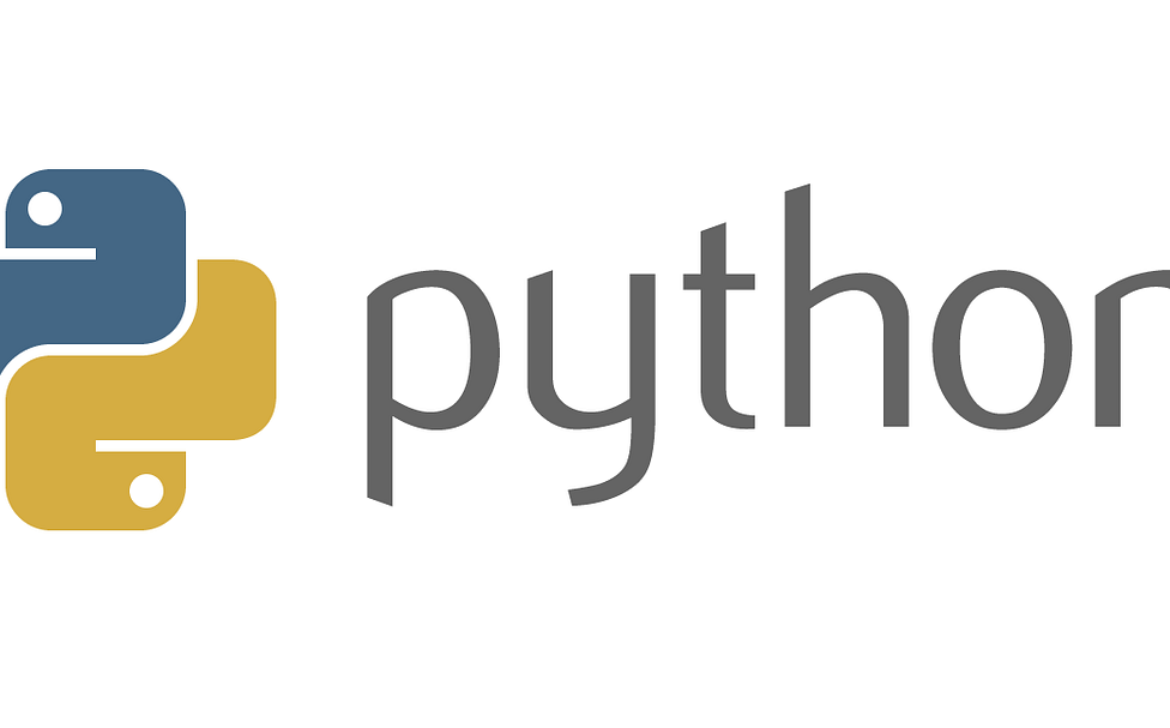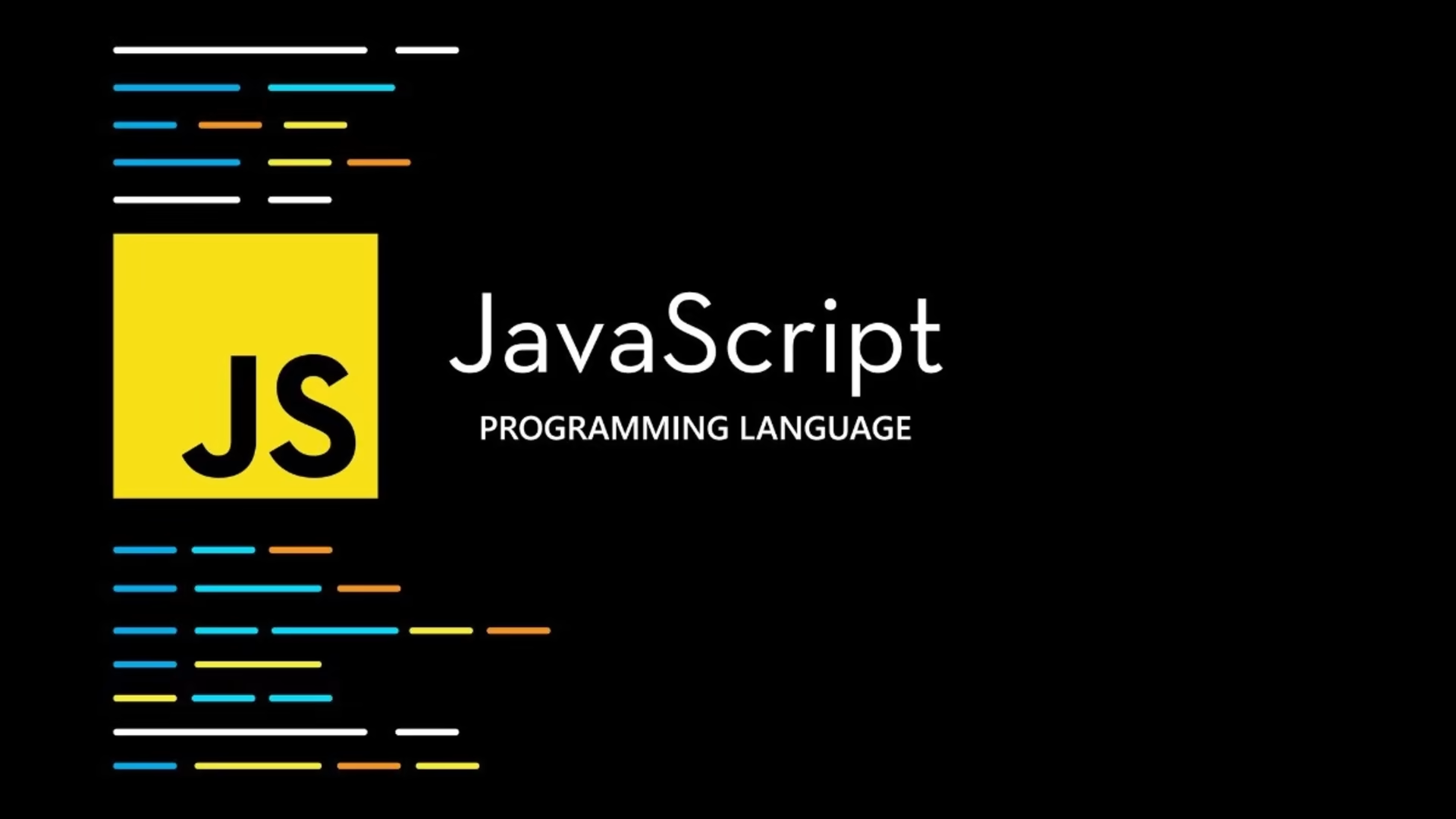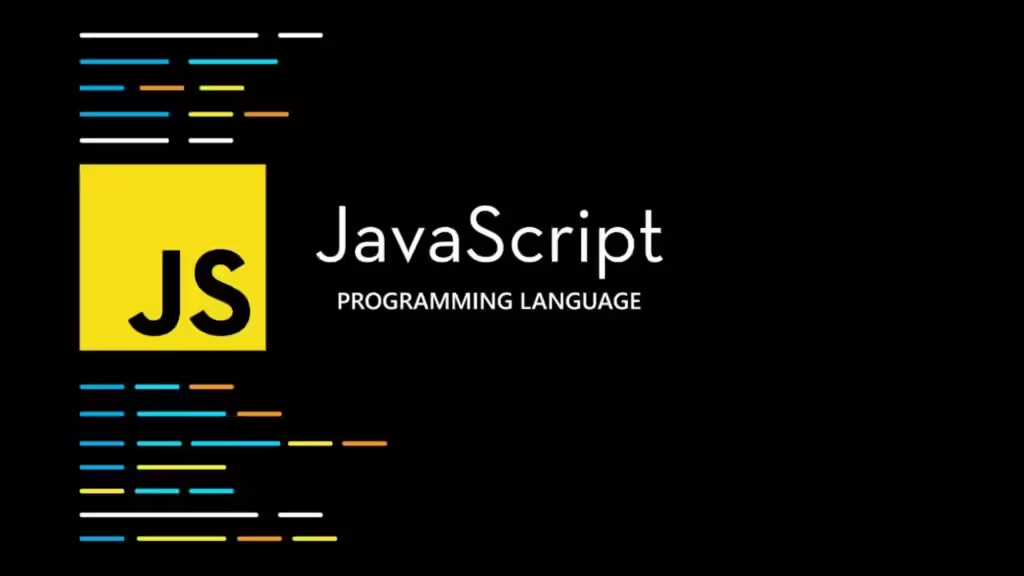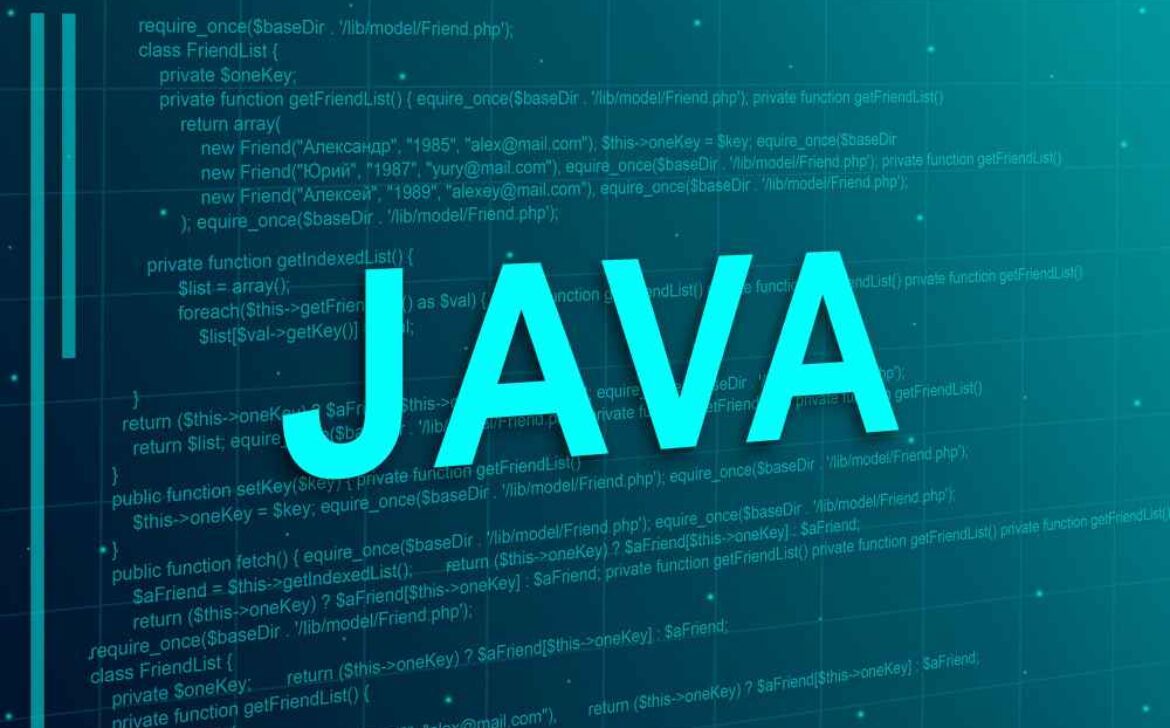Unlocking the Power of Web Design: Creating Digital Experiences That Captivate

In today’s digital age, a well-crafted website is more than just a virtual storefront—it’s a powerful tool for engaging audiences, communicating ideas, and building lasting connections. From sleek user interfaces to seamless navigation and captivating visuals, web design plays a crucial role in shaping how users interact with online content. Let’s delve into the world of web design and explore the key elements that make for an exceptional digital experience.
1. User-Centric Design
At the heart of effective web design lies a deep understanding of the user experience (UX). Designing with the user in mind means creating intuitive layouts, clear navigation paths, and meaningful interactions. From the moment a visitor lands on your site, every element should guide them seamlessly toward their goals, whether it’s making a purchase, gathering information, or simply enjoying your content.
2. Responsive and Mobile-Friendly
With the majority of internet traffic coming from mobile devices, responsive design is no longer a luxury but a necessity. A responsive website adapts seamlessly to different screen sizes and resolutions, ensuring a consistent and user-friendly experience across devices. By prioritizing mobile-friendliness, you not only enhance usability but also improve your site’s search engine rankings, as search engines like Google prioritize mobile-responsive websites.
3. Visual Storytelling
Humans are visual creatures, and compelling visuals can make a lasting impression. From high-quality images and videos to eye-catching graphics and animations, visual elements play a pivotal role in capturing attention and conveying your brand’s story. Thoughtfully integrated visuals not only enhance the aesthetics of your website but also serve to reinforce your messaging and engage visitors on an emotional level.
4. Accessibility
Web accessibility is about ensuring that people with disabilities can perceive, understand, navigate, and interact with websites effectively. This includes considerations such as providing alternative text for images, implementing keyboard navigation, and designing with color contrast in mind. By prioritizing accessibility, you not only comply with legal requirements but also demonstrate inclusivity and empathy toward all users.
5. Performance and Speed
In today’s fast-paced digital landscape, speed matters. A slow-loading website can lead to increased bounce rates and frustrated users. Optimizing performance involves factors such as optimizing images, leveraging browser caching, minimizing server response times, and employing efficient coding practices. A fast and responsive website not only improves user experience but also contributes to higher conversion rates and better search engine rankings.
6. Consistent Branding
Your website serves as a digital representation of your brand, and consistency is key to building brand identity and trust. From color schemes and typography to tone of voice and messaging, maintaining a cohesive brand identity across your website helps reinforce brand recognition and fosters a sense of familiarity among visitors. Consistent branding also extends to other digital touchpoints, including social media profiles and marketing collateral.
7. Continuous Iteration and Improvement
Web design is a dynamic and iterative process. Regularly gathering user feedback, analyzing website metrics, and staying updated with industry trends are essential practices for continuous improvement. By leveraging tools such as analytics platforms, A/B testing, and user surveys, you can identify areas for enhancement, optimize user journeys, and ensure that your website evolves in alignment with your business goals and user needs.
Conclusion
Effective web design is not just about aesthetics; it’s about creating meaningful and memorable digital experiences that resonate with your audience. By prioritizing user-centric design, embracing responsiveness and accessibility, leveraging compelling visuals, maintaining consistent branding, optimizing performance, and embracing continuous improvement, you can unlock the full potential of your website and leave a lasting impact on your visitors.
Ready to elevate your online presence? Get in touch with our team of experienced web designers and let’s craft a digital experience that sets you apart in the digital landscape.


